Hiring newly qualified vets is an awesome responsibility (in both senses). Their first experience of being a vet is in your hands. At NSV, we’ve seen how the right support can transform a nervous newbie into a confident practitioner. Here’s our guide to helping your new hires thrive in their first month and beyond.
1. Set Realistic Expectations
Remember when you first qualified? The mixture of excitement and terror? Your new graduate vets are in that very spot. They’re eager to prove themselves but may be overwhelmed by the responsibility. Make it clear that you don’t expect perfection from day one. Encourage them to ask questions and seek help when needed. By creating an open and supportive environment, you’ll help your new vets build confidence and competence more quickly.
2. Create a Structured Onboarding Process
Help your new vets find their feet quickly with a thorough onboarding process:
- Give them a comprehensive practice induction
- Familiarise them with your vaccine protocols and common drug dosages
- Offer training on your practice management software
- Give them time to organise their consultation room
Pro tip: Consider assigning a mentor for each new graduate. A friendly face to turn to can work wonders for their confidence and professional development.
3. Encourage Good Habits from the Start
Help your new vets establish a sustainable work routine from day one. Emphasise the importance of work-life balance and ensure they take regular breaks and lunch times. Where possible, encourage them to finish shifts on time. You might even suggest local activities or groups they might enjoy on days off. Don’t let them burn out. Show them that self-care is part of being a good professional, not a luxury.
4. Foster Strong Team Relationships
Your nursing team is the backbone of your practice. Encourage your new vets to build strong relationships with the nurses by emphasising the value of the nursing team’s experience. Promote teamwork and mutual respect at every opportunity. You might even consider organising team-building activities to help break the ice. A harmonious vet-nurse relationship can transform the efficiency of your practice and create a more positive working environment for everyone.
5. Provide Regular Check-ins and Feedback
Don’t wait for the probation review to discuss progress. Instead, try:
- Scheduling weekly catch-ups in the first month
- Offering constructive feedback on areas for improvement
- Celebrating their successes, no matter how small
These meetings are also a great opportunity to address any concerns before they become issues, ensuring a smoother transition for your new graduate.
6. Allow Time for Learning
Your newly qualified vets are still learning, and it’s important to support their continued professional development. Allocate time for case study and research, and encourage them to attend CPD events. You might even consider implementing a journal club or regular case discussions within your practice. Remember, investing in their growth is investing in your practice’s future.
7. Be Patient
Progress might seem slow at first, but you’ll be amazed at how quickly your new graduates develop. Give them time to find their feet and their own style of practice. Look out for these signs of growing confidence:
- More efficient consultations
- Increased comfort with common procedures
- Improved communication with clients
At NSV, we’re committed to matching the right vets with the right practices. By following these tips, you’ll create an environment where your new graduates can flourish, benefiting both them and your practice in the long run.
Looking to recruit new graduate vets or need more advice on supporting your team? Get in touch with NSV today. Let’s work together to nurture the next generation of veterinary talent.








